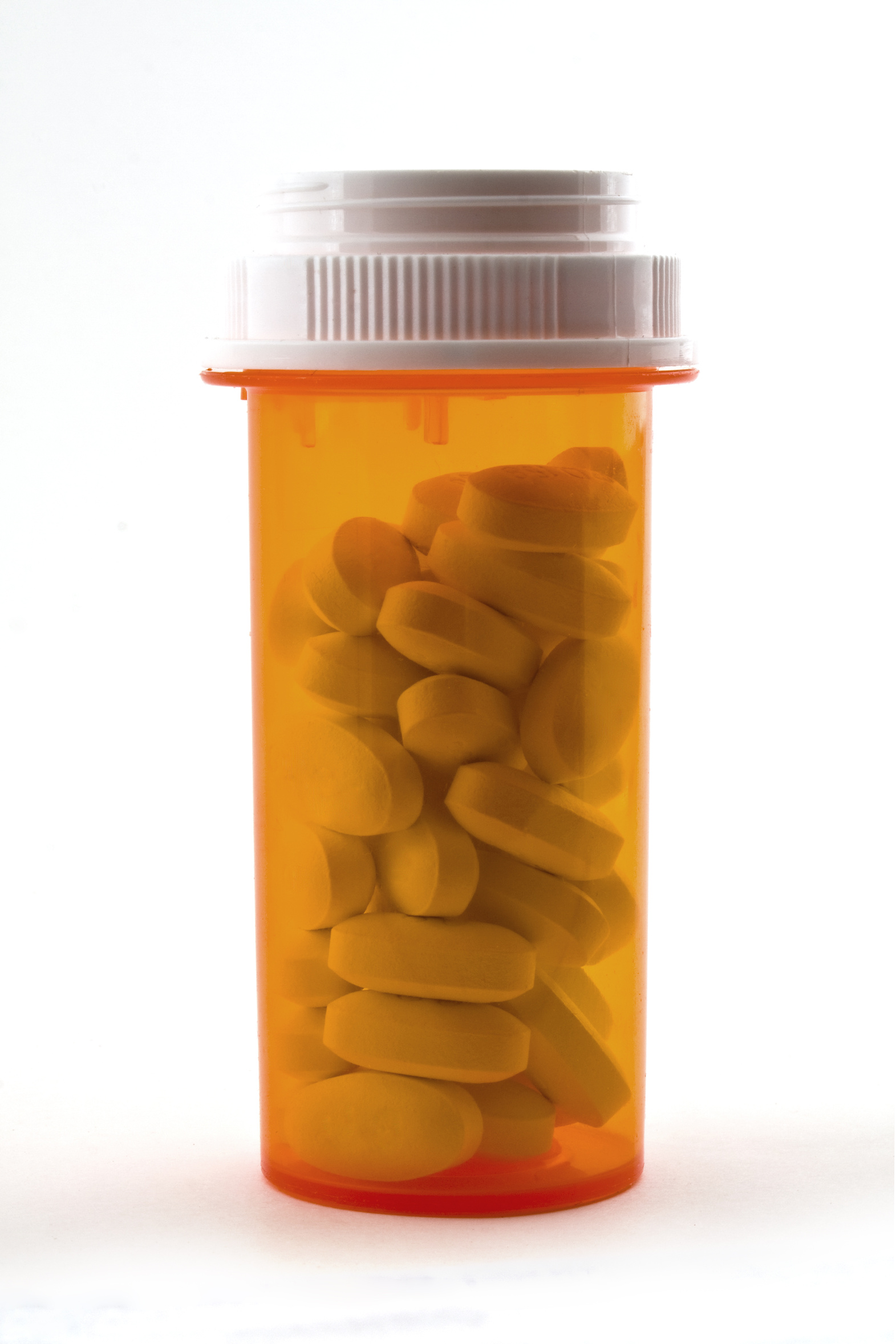 “There is no substitute for the highly experienced psychiatrist who seems to work magic by making tiny, just-right adjustments to the medicine.”
“There is no substitute for the highly experienced psychiatrist who seems to work magic by making tiny, just-right adjustments to the medicine.”If you’re anything like my husband and I, you may be scared to let your child take “that kind of medicine.” It was when our son was hospitalized for depression that we realized we needed to do everything we could to help him get well. At the time, we did not know that he had bipolar disorder. Letting him start medicine was scary, especially when he seemed to worsen on the antidepressant he was prescribed. I later learned that patients with bipolar disorder often worsen on antidepressants. I also learned that medicine is the key form of treatment for bipolar disorder, so I’m glad we didn’t wait.
But you may still feel in the dark about what is happening with your teen, wondering if hiring a psychiatrist is too major a step. Fortunately, the psychiatrist himself can often give you the clearest answer. Taking your child for an assessment does not mean that the doctor will prescribe medicine. In many cases, he will not make an immediate diagnosis, though he may suspect a particular condition. Because there are no blood tests for diagnosing mental illness–at least not yet–the doctor may need time to observe the symptoms as they unfold. Mental illness often emerges slowly in teens so it can take time and even some medicine trials before the doctor can narrow down what the symptoms mean.
If you find yourself balking at the idea of hiring a psychiatrist too soon, keep in mind that the initial assessment takes about an hour and these appointments are often booked out by one or two months. Once the initial visit is over, shorter follow-up visits can be scheduled more easily. Even if you want to hold off on medicine, having that initial visit completed gives peace of mind that the doctor will be there if you need him.
If you’re fortunate to live in an area with a psychiatrist who is board certified in child and adolescent psychiatry, I suggest you start there. These individuals have a total of roughly fourteen years of education behind them. Treating children and adolescents is different from treating adults. Adolescents are often growing and their hormone levels fluctuate. They sometimes exhibit symptoms differently than adults do.
Locating a good psychiatrist can be more challenging than finding a therapist, partly because there are fewer of them. Listen out for the names of highly regarded individuals and make an appointment, even if it’s two or three months away, then get on the cancellation list. You can always cancel an appointment, but remember to cancel it in time so that another person can use it. Also, many therapists and psychiatrists charge a fee for missed appointments.
Some psychiatrists do not accept insurance. If you are having trouble finding a psychiatrist you like, and a cash-only psychiatrist has been highly recommended to you, consider hiring them. I know it may seem exorbitantly expensive to go outside of insurance, but if the psychiatrists you’ve tried can’t get your teen’s symptoms under control, it may be money well spent. There is no substitute for the highly experienced psychiatrist who seems to work magic by making tiny, just-right adjustments to the medicine. The initial evaluation fee may be as high as $400, but follow-up visits are likely to be only $100 or so. Your insurance may cover a percentage if you file a claim for an out-of-network provider. Also, once the illness is under control, your teen may need to see the doctor only every three months or so.
Best wishes with this sometimes formidable task. The right person is out there.
 “A new drug trial requires that you and your teen be watchful about any change in symptoms, especially during the first two weeks.”
“A new drug trial requires that you and your teen be watchful about any change in symptoms, especially during the first two weeks.”